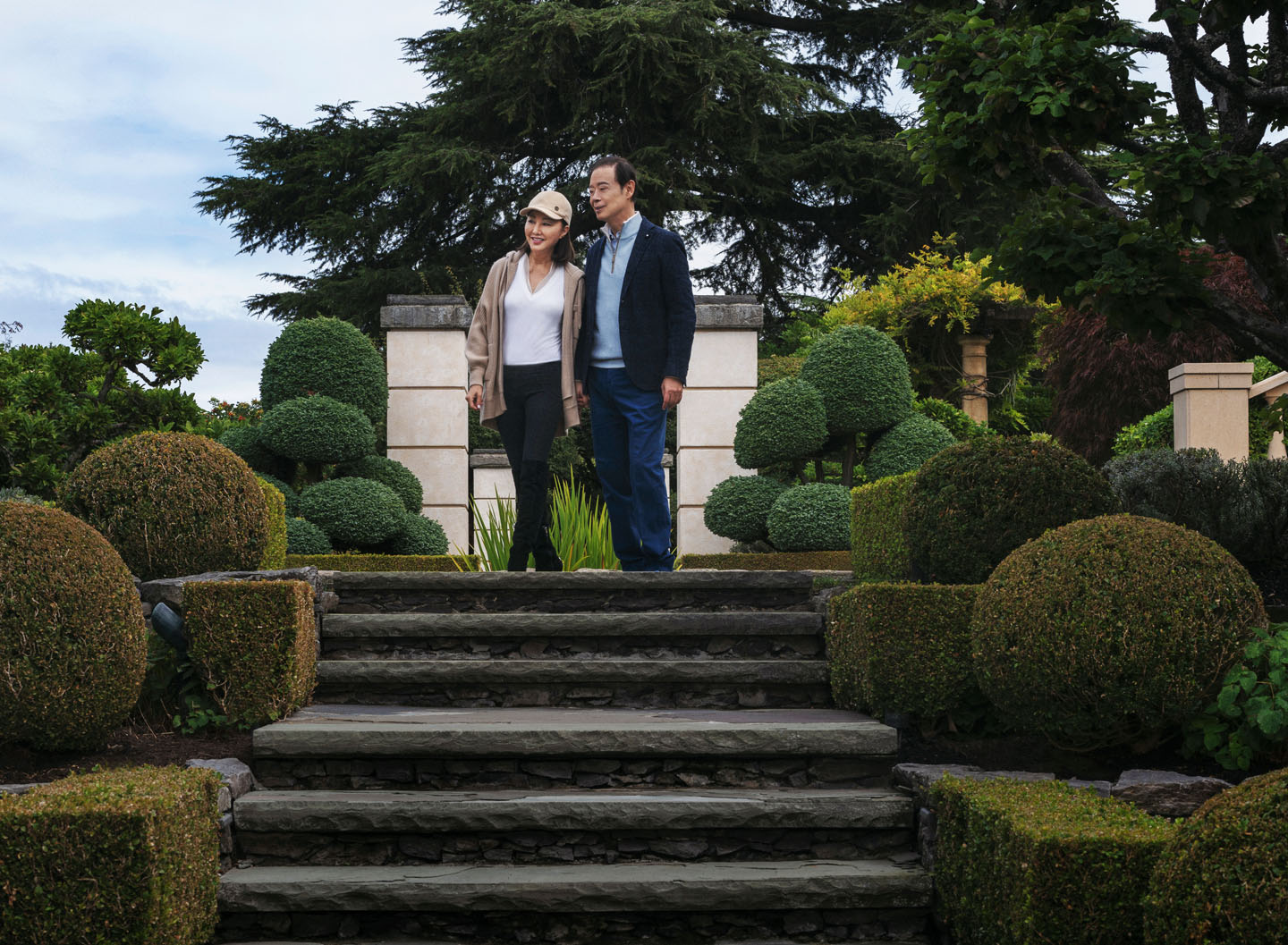“I guess you could say I was a playboy,” Thomas Fung says with a shy smile, recalling his life in Hong Kong. In a dark suit and white shirt, he’s showing me around the capacious Aberdeen Centre in Richmond, which he owns along with many of its shops.
Thomas is the first son of a legendary tycoon, Fung King-hey, who fled mainland China after the Second World War and became hugely wealthy in real estate and financial services. In 1967, worried that the Cultural Revolution would spill over into Hong Kong, he moved his family to Vancouver. The unrest turned out to be minor, and a year later, Fung King-hey returned home.
“I stayed in Vancouver,” Thomas says. “I enjoyed the environment, the friends, and the relatively slower pace.” He enrolled in business school at UBC, bought and sold houses, and earned real estate, appraisal, and pilot’s licences before finally heeding his father’s plea to return to the life of luxury that awaited him.
“Playboy” seems apt. In Hong Kong, he entertained on the family yacht and attended lavish parties with starlets on his arm. He produced movies, owned an ad agency, and could toss the keys of his E-Type Jaguar V12 to a valet and have the car reappear on cue.
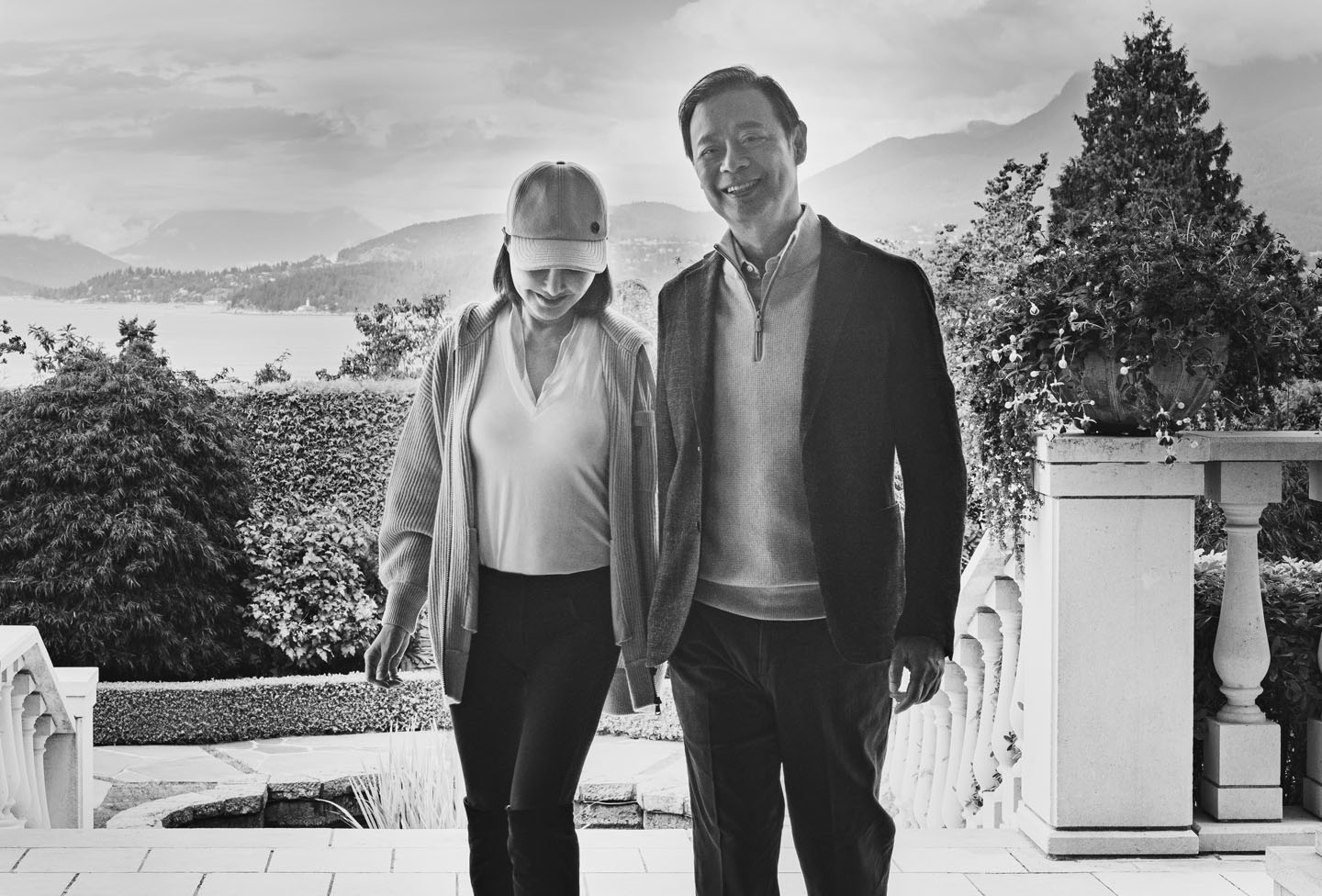
The evening he spotted Amy Chan at dinner, his playboy days came to an end. A mutual friend introduced them, and he invited the young woman to the large family yacht. On the appointed day, the two of them chatted and laughed, waited on by several staff.
“Strangers on the street would ask Amy if she was a model,” Thomas recalls, heading up the Aberdeen Centre escalator. “She was the first Chinese face to appear in a Japanese cosmetics commercial, Shiseido. Movie producers offered her roles on the spot.”
Beyond Amy’s beauty, it was her child-like wonder, her unguarded innocence, that Thomas—and many other suitors—found irresistible. They began to date, but there was a problem. Amy came from a humble background—her father had died, and her mother struggled to provide for Amy and her siblings. Thomas’s family did not approve of the match.
His family’s coolness only reinforced Thomas’s commitment. The couple moved to New York, but after three years, his father suggested they return home and accepted that Amy would be Thomas’s wife. The couple married, and Amy gave birth to a son. Feeling stifled and unsatisfied in the highest reaches of Hong Kong society, Thomas moved his family to Vancouver.
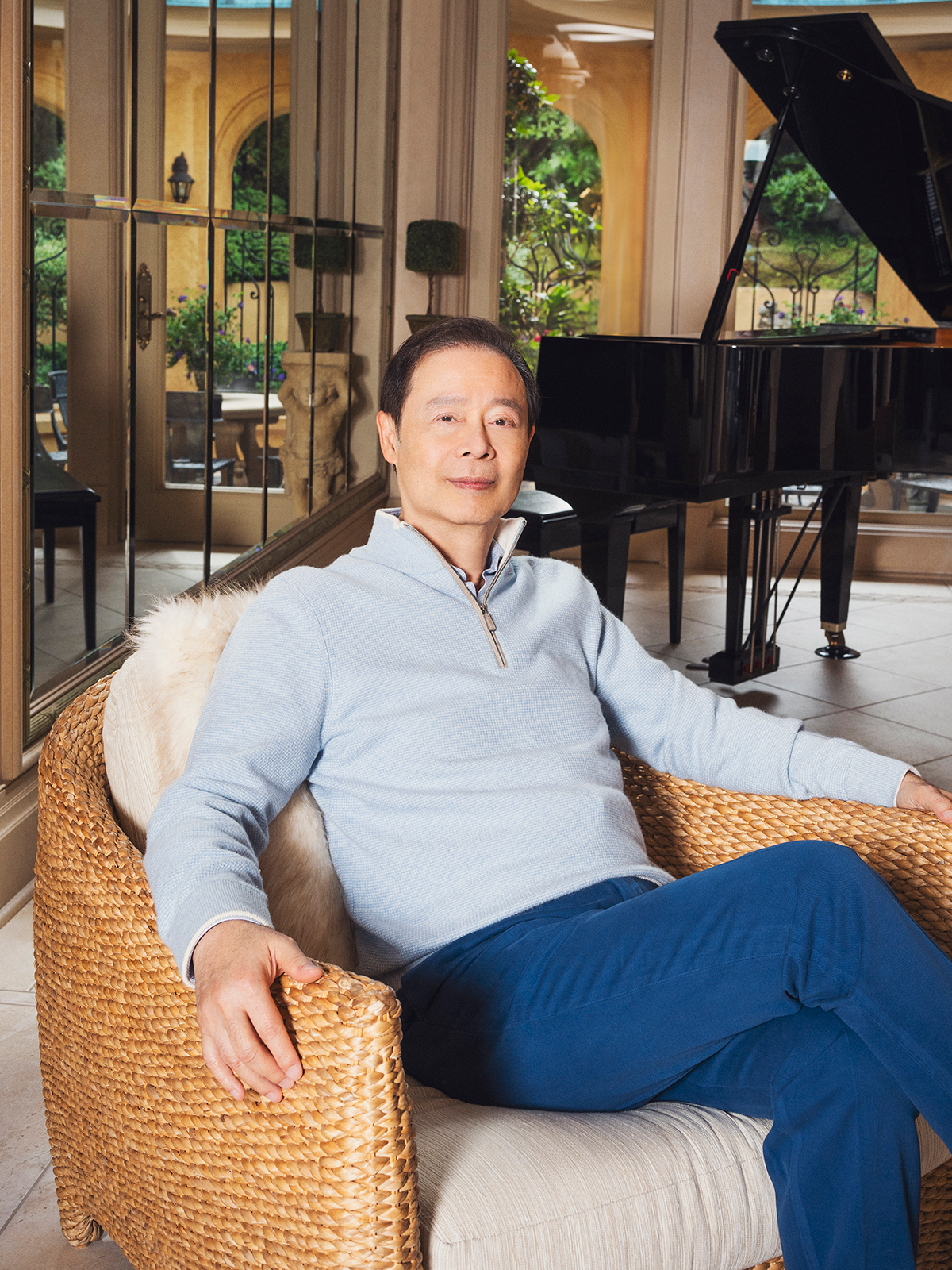
“The next year, in 1985, my father died after having a stroke on a cruise to Alaska.” As the elder son, Thomas was expected to move Amy and little Joseph back to Hong Kong, inherit his father’s empire, and become an instant billionaire. The alternative was to let his brother, Tony, head up the business, stay in Vancouver, and build a new life.
“What should we do?” he asked Amy.
“I didn’t marry for inheritance,” she said. “I love our life here. I don’t want to go back.”
Nor did Thomas. He remained in Vancouver, and Tony took over the family holdings in Hong Kong.
The colony was due to be returned to China in 1997, and Thomas knew people would flee ahead of the handover. His future came into focus: building a space that would feel familiar to the new arrivals. “I decided to create a heated, air-conditioned, multilevel mall, with the mix of retail and food outlets you’d find in Hong Kong.”
Opened in 1989, Aberdeen Centre was a hit from the get-go, turning Richmond into a magnet for other Asian businesses.
Where to build such a mall? “Property in Richmond was still cheap,” he says, showing me the banks of blinking servers at Fairchild Radio, hidden away on the second floor. “And Richmond was close to the airport.” Having accumulated some capital, he bought a parcel of land and began building the mall he envisioned.
Opened in 1989, Aberdeen Centre was a hit from the get-go, turning Richmond into a magnet for other Asian businesses. Thomas began making plans for a more elaborate development. To design it, he hired the celebrated architect Bing Thom.
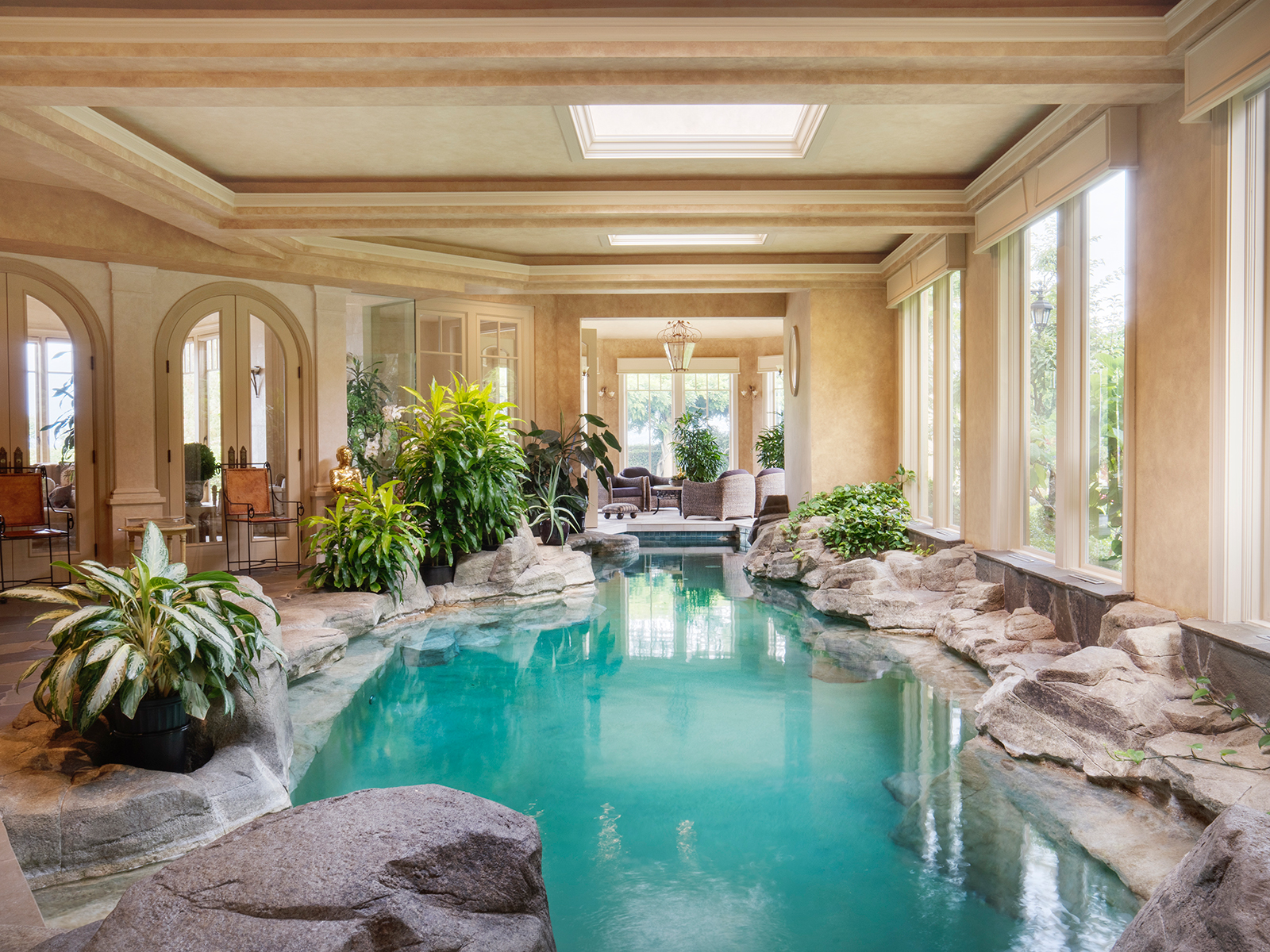
The new Aberdeen Centre, three times the size of the original, opened in 2004, with a big Japanese discount store, Daiso, as anchor tenant. “It was the first 100-yen store in Canada, and it did very well.” But when he learned that Daiso had opened locations in the western U.S., Thomas feared it might stop supplying Aberdeen Centre and began sourcing other suppliers.
On frequent trips, he travelled tirelessly across Asia. “Amy usually came with me,” he says, as we ride the escalator back down to the vast atrium. The intense schedule meant long days for Amy, waiting for Thomas’s meetings to end. “She had to ride with me to factories before dawn and endure the harsh hot and cold weather in the factories’ storage rooms. I really felt sorry for her.”
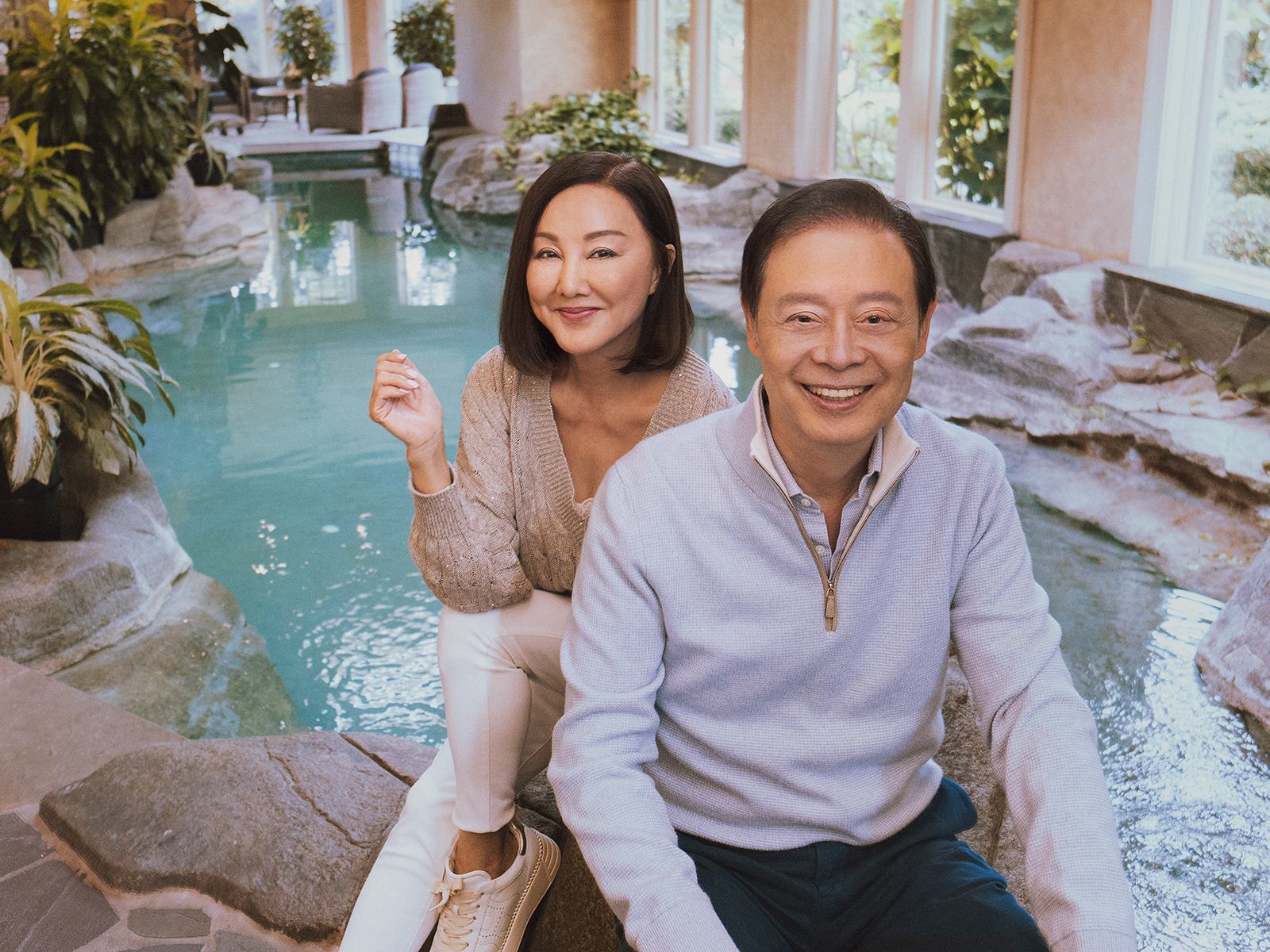
As Richmond has grown from a boggy agricultural municipality to a city bustling with Asian families, Aberdeen has continued to expand. The final stage, Aberdeen Square, completed in time for the 2010 Winter Games, includes commercial and office space and connects to the Canada Line.
Today, Thomas Fung may not have his brother’s billions, but he is hardly a pauper. His businesses are worth hundreds of millions. Daiso triggered an influx of Japanese discount outfits (Miniso, Muji) to Metro Vancouver. He shows me through his own discount store at Aberdeen, Oomomo (successor to Daiso), which now has locations in B.C., Alberta, Manitoba, and Ontario. Fairchild Media is the largest Chinese-language broadcaster in Canada. He also holds franchise rights to several Asian food chains, and his Saint Germain Bakery is flourishing.
Now in his 70s, Thomas has decided it’s time to do things that are “meaningful, rather than profitable.” Through the Fairchild Group, he’s raised more than $65 million for hospitals in Metro Vancouver and Greater Toronto, and his latest passion is sustainable agriculture.
Amy, meanwhile, is as lovely and talented as the day they met. A gifted landscape architect, gardener, and painter whose work adorns their gracious home near UBC, she and Thomas are nearly inseparable. They travel everywhere together, go dancing, play table tennis, and entertain friends. Thomas, who loves photographing her, never burdens her with business concerns. On pleasant evenings, they often stroll hand-in-hand near their home.
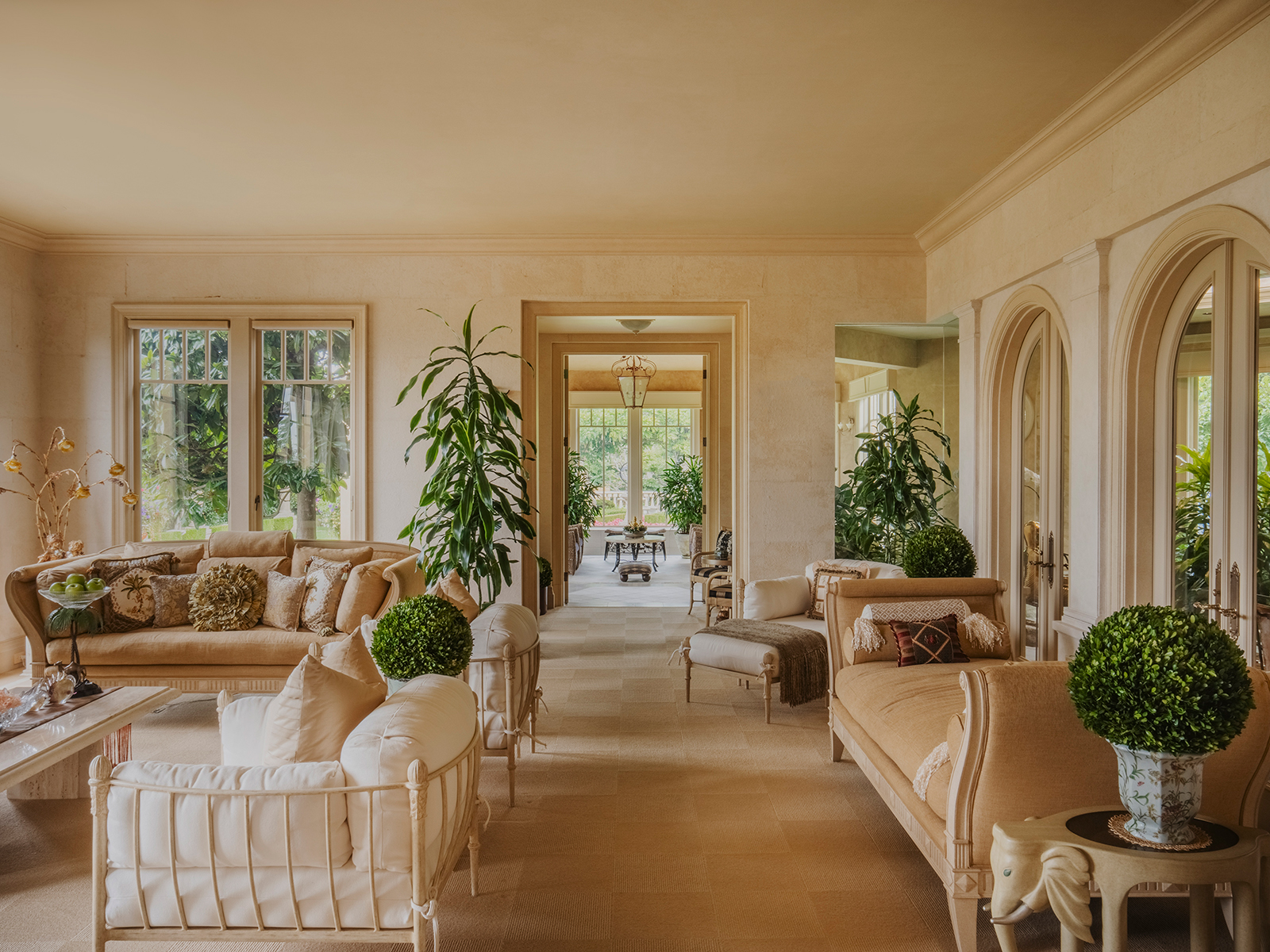
Meanwhile, an inevitable question arises. What happens to the Fairchild Group when his days are done? Who’ll inherit the many enterprises in his holding company?
Thomas hopes, as Fung Sr. hoped of him, that his son will take the reins. Joseph knows the Fairchild businesses well, but he has also established himself as an investment banker in Hong Kong, and it should not surprise Thomas if his son—married and a father himself—chooses to follow his heart and build a fortune of his own.
Read more from our Winter 2023 issue.

